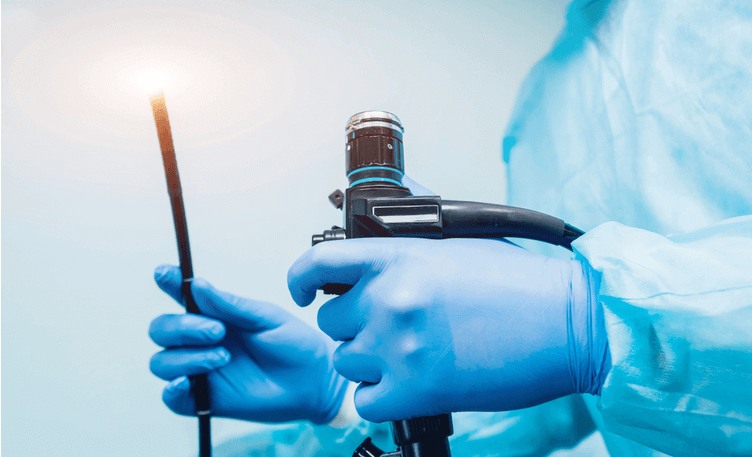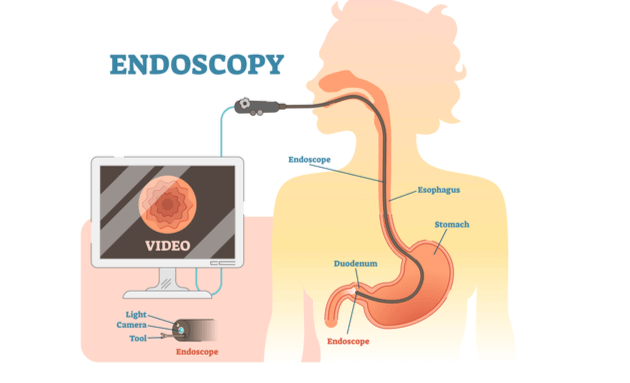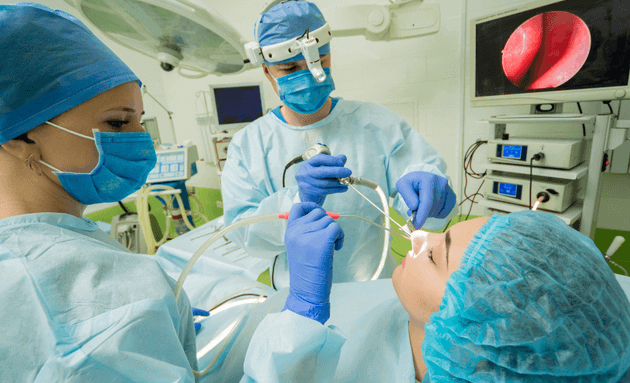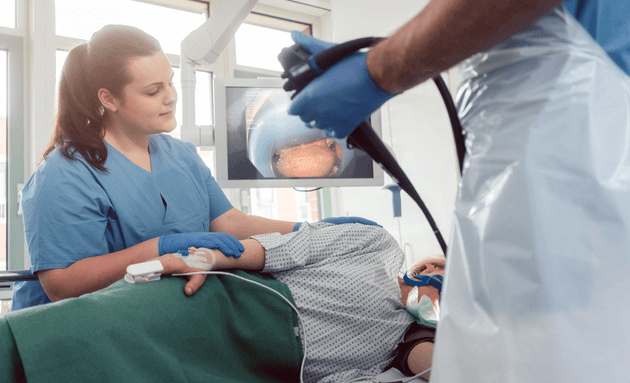
Going For An Endoscopy? Understand How It Works
The word Endoscopy owes its origin to two Greek words (endo = inside, -scope = examining or viewing) , which perfectly explain what it means, which is to ‘look inside’. It is a procedure that uses an instrument called an endoscope, to examine the inside of your body. This instrument is a long, thin flexible tube with a light source and camera at one end. It captures and relays images on a monitor, for the medical team to examine.
Endoscopy can be done for various parts of the body and accordingly acquires that name - Colonoscopy, Gastroscopy, Bronchoscopy, Cystoscopy and so on. In each case, it provides a visual to the doctor of the particular part of the body.
Doctors recommend a certain endoscopy for two reasons - when they want to investigate some reported symptoms or when they need help in performing surgery.
Investigative Endoscopy is recommended when you have swallowing difficulty, chronic conditions like abdominal pain, nausea, and diarrhoea, blood in cough, vomit, urine or stools that persists, urinary incontinence, and vaginal bleeding.
Surgical Endoscopy allows the doctor to remove stones and fibroids, repair inside damaged joints, hernias, and bleeding ulcers, remove tumours or organs affected by cancer, and place stents.
How Does Endoscopy Work?

Endoscopes can be inserted into the body through a natural opening such as the mouth, down the throat or through the bottom. It can also be inserted through an incision made in the skin, in case of surgical use.
A regular endoscope has two to three optical cables, of which one and sometimes two cables, carry the light down into the body, finally ‘striking’ the intended destination. The other cable carries the reflected light back to the eyepiece held by the doctor, which is further magnified on a monitor.

With advances in technology, endoscopes are able to do more than their initial goal. In some cases, they help peel off a little tissue for further examination (Biopsy). They can also do minor, minimally invasive surgery. This is done by enabling a few abilities in the remote end of the endoscope, the part that goes inside.
But all this might be a thing of the past as the medical world sees the rollout of wi-fi endoscopes. Patients pop a pill and excrete it later. This pill has wi-fi transmission abilities and provides an inside view, as required by doctors.
What Will Happen to Me During Endoscopy?

You should not worry because this procedure is not painful or unsafe. By the end of it, you might have mild discomfort and depending on the medication given by the doctors, there will be some drowsiness. This will wear off in a few hours.
Before: To prepare for it, know that endoscopy requires a clear stomach, with no unexpected chemical imbalances. This means you will have to fast around 8 hours before the process. If you take blood thinners, they will be stopped 2 to 3 days before the process. Inform your doctor about any other medication you take. For colonoscopy, a laxative might be given the day before to clear the colon of stool.
During: At the hospital or clinic, stay relaxed. The doctor will either give you a sedative or local anaesthesia. This will make the process painless for you. The total time can be between 30 minutes to an hour.
After: After the process, you will be asked to sit or lie down in the recovery area. The medical team will monitor you for any abnormalities and wait for your sedative’s effect to wear off. It is nevertheless advised to get a family member or friend along - you should not travel alone.
While the technology is quite advanced and the technicians skilled, sometimes there is minor chafing caused by the cable going in or coming out. This heals on its own and the doctor might prescribe antibiotics. A cystoscopy (in the bladder) might result in some blood in your urine for 24 hours and this is normal. If it persists for more than a day, inform the doctor.
Please reach out to us for any queries –09752510101

